Do you buy an expensive item just to maintain social status and then feel guilty? Drink alcohol to look cool in front of your friends and regret it? Use social media for fear of missing out? If yes, then you are experiencing cognitive dissonance.
What Is Cognitive Dissonance?
Cognitive dissonance is the feeling of mental discomfort caused by holding two conflicting attitudes, beliefs, values, or behaviors. In any situation, people try to hold all their attitudes and behavior in harmony and avoid disharmony (or dissonance). And when there is a mismatch between our values and actions, we experience uneasiness.
The inconsistency between what we believe and what we do pushes us to change one of the behaviors or attitudes or beliefs to minimize mental discomfort and restore balance.

Cognitive dissonance example
A common example of cognitive dissonance in your day-to-day life:
When people drink alcohol more than healthy limits (behavior) and are well aware that alcohol is injurious to the liver (cognition), they are in a state of cognitive dissonance.
Similarly, paying the annual gym membership and skipping workouts every day knowing that exercise is part of a healthy lifestyle leads to cognitive dissonance. The same mental discomfort is experienced by people on a strict healthy diet and cannot resist eating fast food.
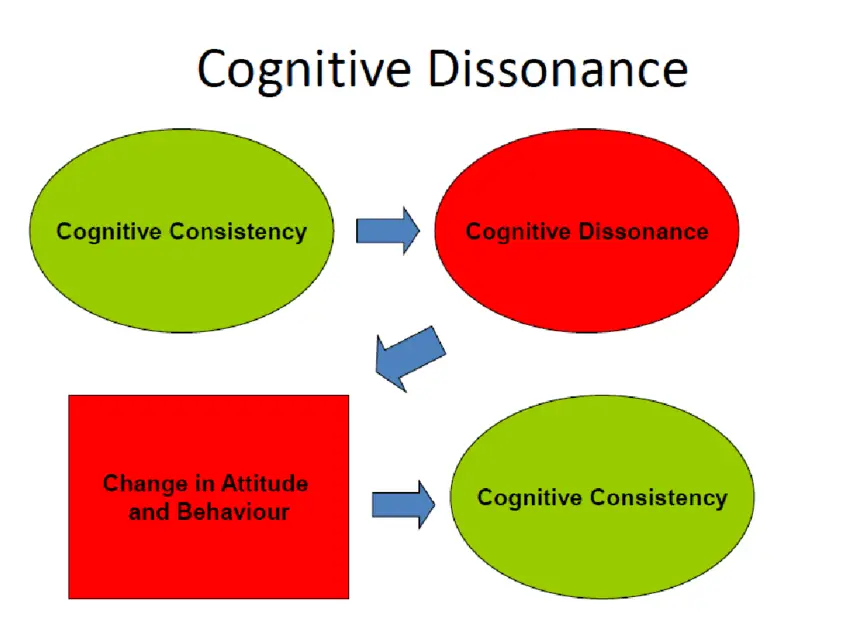
Cognitive dissonance in relationships:
When a person cheats on their wife despite knowing it’s wrong and hurtful.
Cognitive dissonance in marketing:
Involves the use of strategies that compel a consumer to reconcile two conflicting views by purchasing a product provided the reconciliation of opposing views boosts or protects the consumer’s self-image.
Say, a savvy automotive enthusiast visits a high-end auto dealership and rejects an expensive car because it is not affordable for him. Now the salesperson says that “a lot of Americans aren’t sophisticated enough to understand why this car is actually a great buy.”
Now if the buyer rejects the car he will be considered unsophisticated and if he purchases, he will have to pay more than what he can afford. During this type of cognitive dissonance, most consumers end up buying the expensive car just to gain or protect that image of the sophisticated person.
Related: 15 Common Cognitive Distortions That Twist Your Thinking
Cognitive dissonance theory
The theory was first investigated by Leon Festinger in 1957, studying a cult that believed that the earth was going to be destroyed by a flood. Some people were so much committed to the cult that they sacrificed their personal comforts to save the earth but when the flood did not happen, they realized that they made a fool of themselves but justified their actions saying that the earth was not destroyed because of the faithfulness of the cult members.
Causes Of Cognitive Dissonance
There are different situations that can create mental conflicts that lead to cognitive dissonance.
1. Forced Compliance Behavior
“I didn’t want to do it, but I did it”. This sums up forced compliance behavior. I’m sure a lot of you have experienced a situation where you are forced to do something that is against your own beliefs due to work pressure or external expectations often for school or social situations.
Forced compliance behavior helps a person avoid adverse situations like getting fired from the job or public humiliation or embarrassment.
2. Decision Making
You have to choose between two deals and both are equally profitable. What will be your choice? This is the common cause of cognitive dissonance. Be it buying clothes or cars or selecting the best job offer or anything – making up your mind, especially when you are hit with two similar choices, always leads to feelings of discomfort.
People deal with it by justifying their choice so that they can believe that they made the right decision. The method of reducing cognitive dissonance by increasing the attractiveness of the chosen alternative and decreasing the attractiveness of the rejected alternative is called “spreading apart the alternatives.”
3. Effort.
We all value those things more which require a great deal of effort to achieve. Isn’t it? Say, you did a lot of hard work to accomplish a project, which later turns out to be useless or not so profitable.
This would cause cognitive dissonance and to avoid such mental discomfort you will try to convince yourself that you didn’t really work that hard. And this technique of reducing dissonance is known as ‘effort justification.
Related: Cognitive Defusion: The Unconventional Technique That Helps My Anxiety
4. New Information
Learning new information or skill or behavior that later turns out to be harmful causes cognitive dissonance. People often deal with the feelings of uneasiness or tension by finding ways to discredit the information or ignore the new information or justify their behavior.
Other factors :
There are different factors that explain the degree of cognitive dissonance faced by people. It includes –
- How highly you value a particular belief
- The degree to which your beliefs are inconsistent
The overall strength of the cognitive dissonance is directly proportional to the number of dissonant or clashing thoughts you have. The strength is also influenced by the importance attached to each belief. Highly valued beliefs or stronger beliefs about self results in more dissonance.
Effects Of Dissonance
Cognitive dissonance happens both when your behavior contradicts your beliefs about the world and the beliefs you have about yourself. The immediate effects are – Intense feelings of uneasiness or discomfort. It is a natural tendency for humans to avoid this discomfort, which in turn affects a person’s thoughts, behaviors, decisions, beliefs, and attitudes, and mental health. Other effects are –
- Anxiety
- Sadness
- Shame
- Stress
- Shame
- Guilt
You may experience dissonance without even knowing it. It is not always easy to recognize because there are different factors affecting the strength or degree of cognitive dissonance.
Related: 3 Cognitive Strategies To Deal with Bad News
Here are some signs that your feelings are related to dissonance:
- Feeling uncomfortable before making a decision or taking an action
- Feeling ashamed or embarrassed and trying to hide your actions or beliefs from others
- Trying to justify your choices or decisions continuously
- Avoid conversations or debates about specific topic
- Experience guilt or regret about something that you have done in the past
- Have done something out of peer pressure or a fear of missing out
- Avoid learning new information that is inconsistent with your existing beliefs
- Ignore newspaper articles, or doctor’s advice or research that causes dissonance
Is there any positive effect of dissonance?
Yes! Cognitive dissonance motivates people to change in a way that their behavior or actions align with their beliefs. It is a chance for people to rethink their values and actions and achieve cognitive consistency.
As a result of dissonance, people may quit smoking, eat a healthy diet or buy things that they actually need or can afford, address the fear of missing out, cheating in relationships, addiction, or anger issues. In short, some cognitive dissonance can help people grow.
Women empowerment, environmental rights, and a decrease in child marriages are some of the positive effects of cognitive dissonance. People realized what was going wrong and made necessary changes to better align society’s values with personal actions.
How To Reduce Cognitive Dissonance
Leaving cognitive dissonance unattended for a long time leads to stress, irritation, and unhappiness. Below are the methods to achieve a state where your beliefs, values, and actions are all in harmony without any mental conflict.
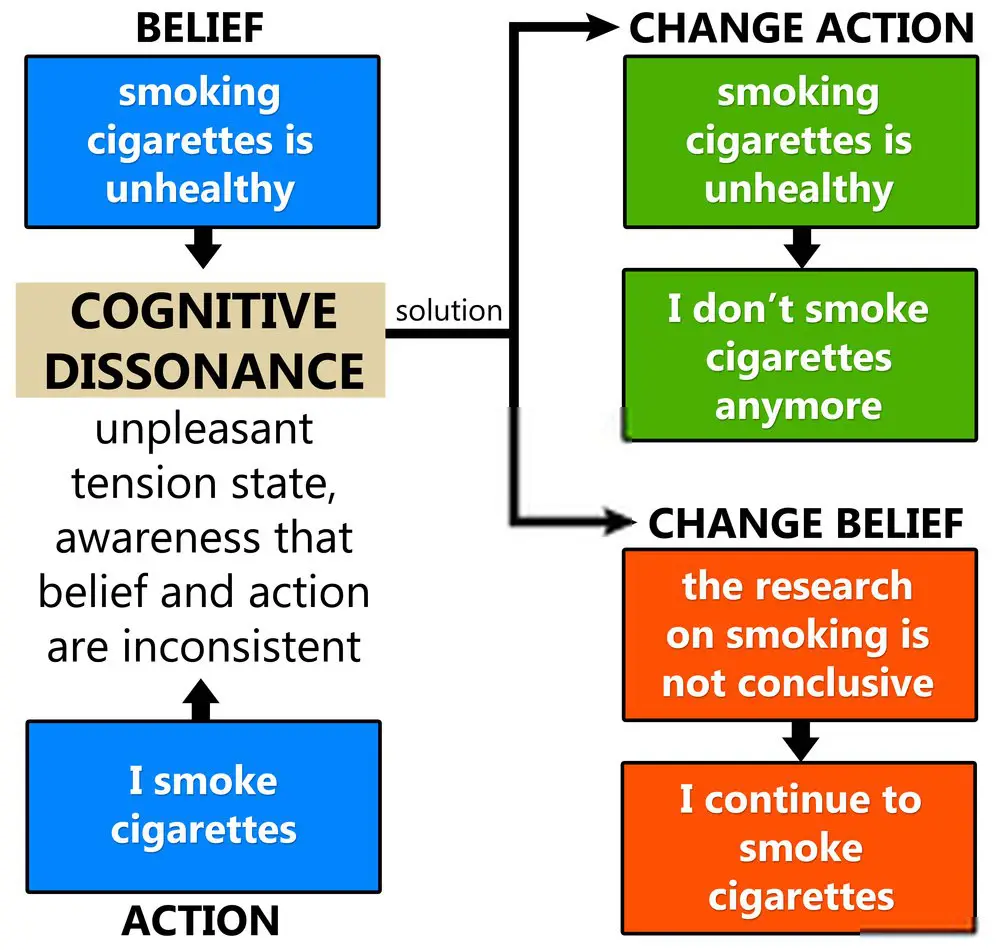
1. Change your beliefs.
This is the simplest and one of the most effective options to deal with dissonance. Or a person may persuade himself that no conflict exists. But, it may be difficult to change conflicting thoughts when the beliefs and values are more important to you, especially those of religious or political leanings.
2. Change your actions.
When an action leads to shame or guilt like – eating meat while you are an animal lover and fighting for animal rights – you may pledge to never do it again. This is called reconciling the differences. Changing actions can lower shame and guilt and make you feel better about the situation.
3. Create more supportive beliefs that outweigh dissonant beliefs
If you believe that greenhouse emissions result in global warming, then you may experience cognitive dissonance when driving a gas-guzzling vehicle. You can resolve this by seeking new information that overrides the belief that greenhouse gasses contribute to global warming. You can seek out support from others who share similar beliefs or try to convince others that the new information is inaccurate.
Related: How Cognitive Distortions Harm Us
4. Reject conflicting information
A person may devalue and discard any information not matching with their existing beliefs. They may stop watching particular news sources by describing them as biased or false.
5. Change how you perceive your actions
You may feel guilty of driving a car that causes air pollution. There is no way you can change your behavior. But, you can rationalize your behavior by engaging in eco-friendly activities like planting more trees or volunteering for installing solar panels for electricity in your area. This way you can make up for the loss you have done to the environment. It is a wonderful way to reduce the importance of conflicting beliefs.
Wrong Way To Deal With Dissonance
Leon Festinger explains how a person deals with dissonance related to a health behavior giving an example of a person who continues to smoke knowing it’s injurious to health.
- A person may value smoking more than health and think this behavior is “worth it” in terms of risks versus rewards.
- The smoker convinces himself that negative health effects have been overstated or believe that they cannot avoid every possible health risk out there
- The smoker convinces himself that he will gain weight if he stops smoking and being overweight leads to other health problems.
By using such explanations a smoker will continue to smoke as well as reduce the dissonance. However, the drawback is it contributes to unhealthy behaviors or poor decisions.
#1 Way To Prevent Cognitive Dissonance In The First Place
Mindfulness is the word!
To resolve dissonance, you must recognize your feelings and view the existing situation you’re in from the outside. You need to know how others experience you and identify places where your belief systems and behavior do not align. Deep introspection is required to know why you behaved as you behaved. Only then you will understand how you got into the situation and the way to resolve the dissonance
You need to practice being mindful so that you can be calm instead of impulsive during the mental conflict. Mindfulness helps a person stay tuned with their inner self and own value system. You will realize when your thinking is being driven by emotions, according to Corrine Leikam, PsyD, an associate director at Sober College in Los Angeles.
Some tips to practice mindfulness:
- Talking to friend or therapist
- Journalling
- Exercise daily
- Yoga or meditation
- Consulting with a spiritual adviser
Related: 7 Simple Strategies to Increasing Mindfulness in as Little as 30 Seconds
Resolving cognitive dissonance requires constant hard work, soul searching, high self-awareness, and creating better interactions with each other, according to Alauna Curry, MD, a psychiatrist with the Rowe Network in Houston.
With high self-awareness, you can guide your future actions. So, the next time you are late to the office or wedding party, you can adjust your behavior or your expectations of your boss or friends to lessen dissonance. Understanding how clashing thoughts influence your decision-making process will help you make faster and more accurate choices.
Nobody is immune to cognitive dissonance, it affects everyone! All you can do is use healthy methods of dealing and behave in line with your values.
Are you ready to deal with cognitive dissonance?
References:
Festinger, L., 1957. A theory of cognitive dissonance (Vol. 2). Stanford university press. Festinger, L., 1959. Some attitudinal consequences of forced decisions. Acta Psychologica, 15, pp.389-390. Aronson, E., 1997. Back to the future: Retrospective review of Leon Festinger's--A Theory of Cognitive Dissonance. The American Journal of Psychology, 110(1), p.127. Festinger, L., 1964. Conflict, decision, and dissonance. Harmon-Jones, E. and Mills, J., 2019. An introduction to cognitive dissonance theory and an overview of current perspectives on the theory.
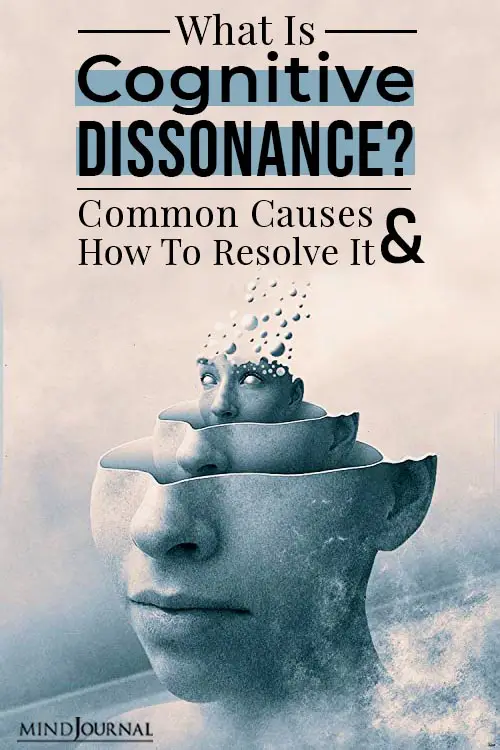
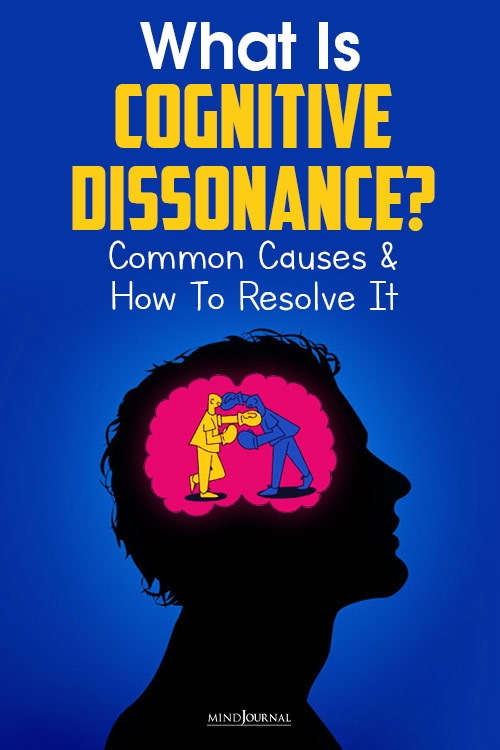
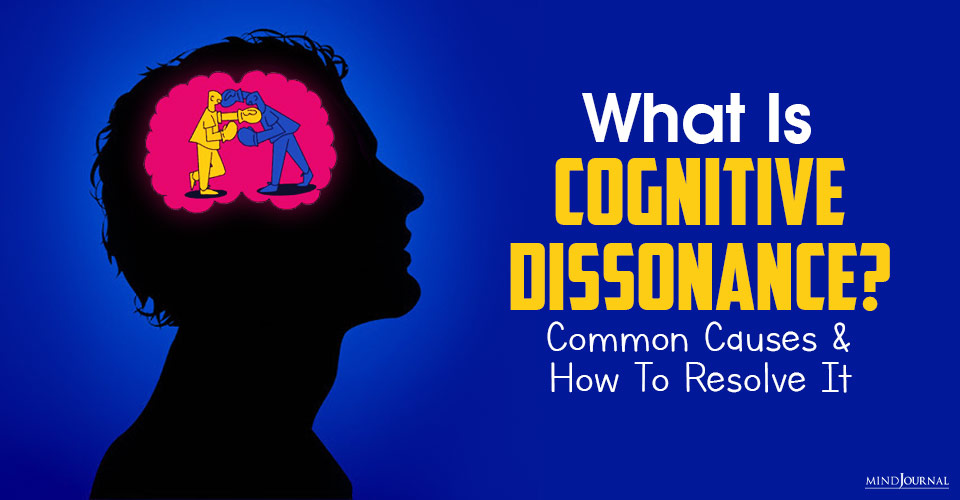
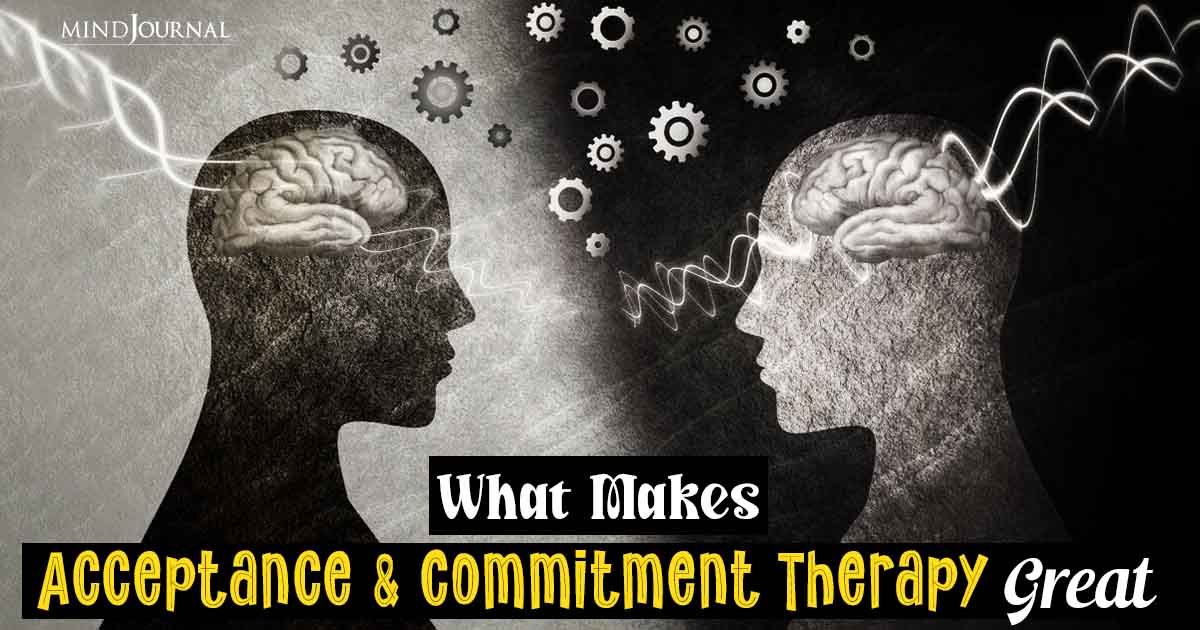






Leave a Reply
You must be logged in to post a comment.